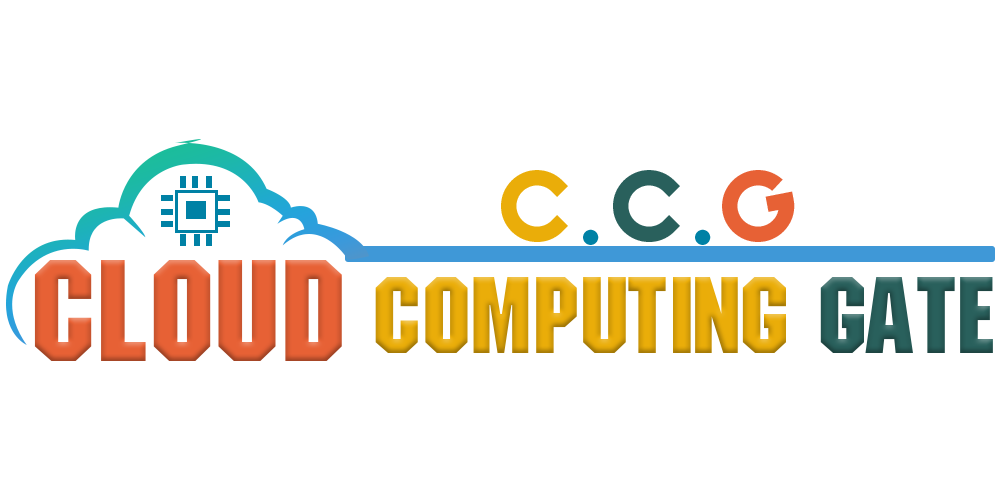Unveiling Cloud Computing Platforms: Empowering the Digital Frontier
Cloud computing platforms have become the bedrock of the digital age, revolutionizing the way businesses and individuals leverage technology. These platforms offer a dynamic and scalable infrastructure that facilitates the deployment, management, and accessibility of various computing resources over the internet. This article delves into the essence of cloud computing platforms, exploring their key components, benefits, popular providers, and their transformative impact across industries.
Understanding Cloud Computing Platforms:
A cloud computing platform is a comprehensive suite of services and resources that enable users to build, deploy, and manage applications and services through the internet. It encompasses Infrastructure as a Service (IaaS), Platform as a Service (PaaS), and Software as a Service (SaaS) models, providing a versatile environment for diverse computing needs.
Key Components of Cloud Computing Platforms:
- Compute Services: Cloud platforms offer virtualized computing power, allowing users to run applications, process data, and execute various tasks without the need for physical hardware. This includes virtual machines, containers, and serverless computing options.
- Storage Services: Cloud platforms provide scalable and reliable storage solutions. Users can store, retrieve, and manage data efficiently. Common storage services include object storage, file storage, and block storage.
- Database Services: Cloud databases offer managed database solutions that cater to different data models. These services provide scalability, high availability, and automated backups, reducing the complexity of database management.
- Networking Services: Cloud platforms facilitate the creation and management of networking resources. This includes virtual networks, load balancers, content delivery networks (CDN), and domain name services (DNS).
- Security and Identity Services: Cloud providers offer robust security features, including identity and access management, encryption, firewalls, and threat detection. These services enhance the overall security posture of applications and data.
Cloud Computing Platforms
Benefits of Cloud Computing Platforms:
- Scalability: Cloud platforms provide on-demand resources, allowing users to scale their infrastructure up or down based on workload fluctuations. This scalability ensures optimal resource utilization and cost-efficiency.
- Flexibility and Accessibility: Users can access cloud services from anywhere with an internet connection, fostering collaboration and remote work. The flexibility of cloud computing platforms accommodates diverse workloads and requirements.
- Cost Savings: Cloud computing eliminates the need for substantial upfront investments in hardware and infrastructure. Users pay for the resources they consume, resulting in a cost-effective and pay-as-you-go model.
- Innovation and Speed: Cloud platforms accelerate the development and deployment of applications. Developers can leverage pre-built services, reducing time-to-market and enabling rapid innovation.
- Reliability and Redundancy: Cloud providers offer high levels of reliability through redundant data centers and services. This ensures minimal downtime and improved fault tolerance for applications and data.
Cloud Computing Platforms
Popular Cloud Computing Platforms:
- Amazon Web Services (AWS): AWS is a leading cloud platform that provides a vast array of services, including computing power, storage, databases, machine learning, and analytics. It caters to diverse industries and is known for its scalability and reliability.
- Microsoft Azure: Azure is a comprehensive cloud computing platform by Microsoft, offering services for computing, analytics, storage, and networking. It integrates seamlessly with Microsoft’s ecosystem, making it a preferred choice for enterprises.
- Google Cloud Platform (GCP): GCP provides a suite of cloud services, including computing, storage, databases, machine learning, and big data analytics. It is recognized for its data analytics and machine learning capabilities.
- IBM Cloud: IBM Cloud offers a range of cloud services, focusing on hybrid and multi-cloud environments. It provides services for computing, AI, blockchain, and IoT, with an emphasis on enterprise solutions.
- Oracle Cloud: Oracle Cloud is designed to meet the specific needs of businesses, offering services for databases, applications, and infrastructure. It is prominent in the realm of enterprise databases and applications.
Cloud Computing Platforms
Impact on Industries:
Cloud computing platforms have significantly impacted various industries, transforming business operations and enabling innovation. In healthcare, they facilitate secure data sharing and analysis. The education sector benefits from collaborative tools and scalable infrastructure. Financial institutions leverage cloud platforms for agility and real-time analytics, enhancing customer experiences.
Conclusion:
Cloud computing platforms have evolved into indispensable tools for organizations and individuals navigating the digital landscape. Their versatility, scalability, and myriad services empower users to innovate, collaborate, and thrive in an increasingly connected world. As technology continues to advance, cloud computing platforms are set to play a pivotal role in shaping the future of digital ecosystems across diverse industries. Understanding their capabilities and harnessing their potential is essential for those seeking to stay at the forefront of the digital frontier.




Comments
0 comments